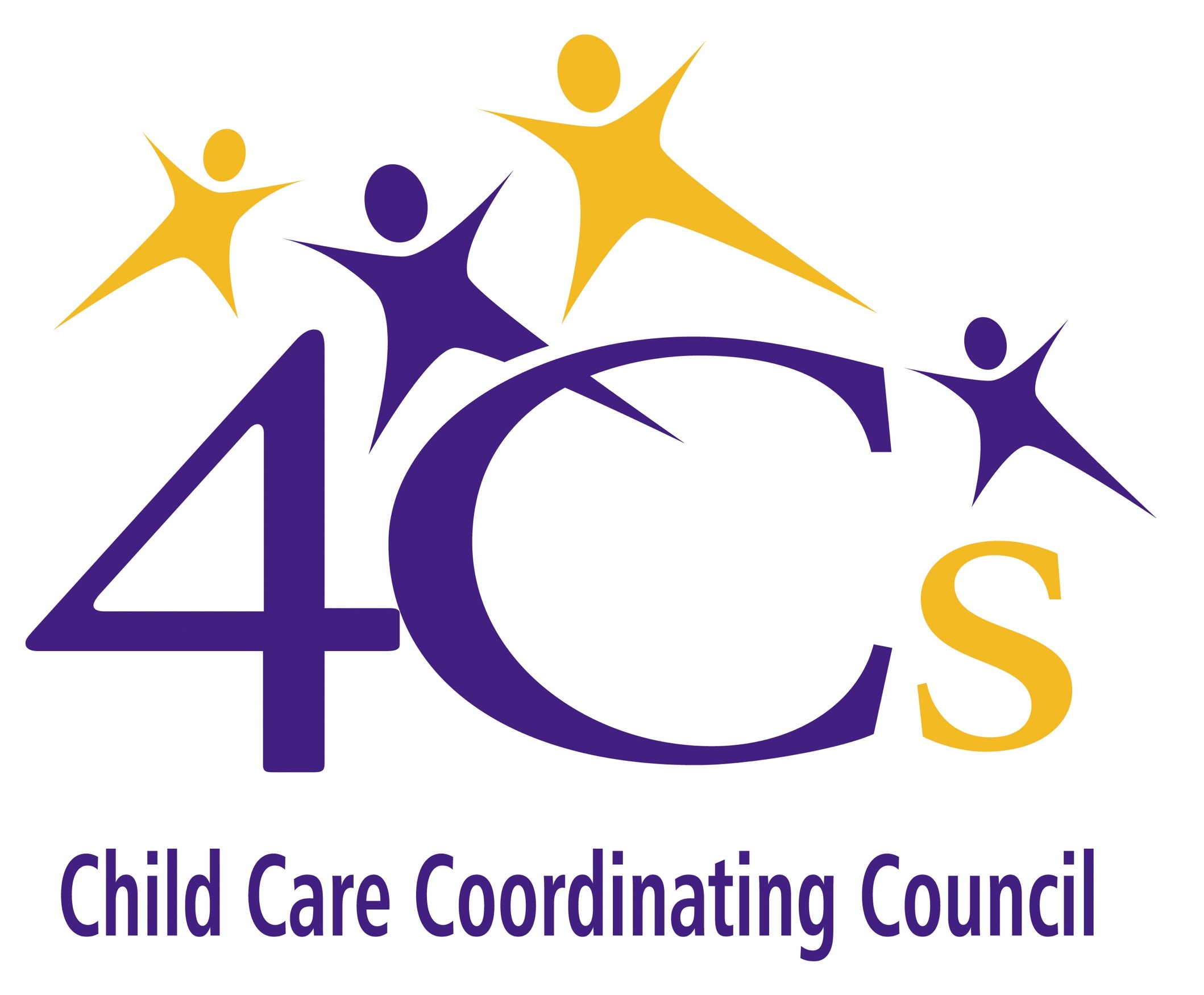Some types of care are licensed by the State of California’s Community Care Licensing Division. Licensed care assures a minimal standard of health and safety protection and is regulated by Title 22 of the California Code of Regulations. It does not ensure quality.
Only a parent can judge whether a child care setting or preschool program is right for his or her child. To help you make that decision, we have descriptions of different types of child care.
Licensed Child Care Centers and Preschools
Child care centers are almost always licensed. They provide group care outside of a home. Generally, licensed centers require one adult for every four infants, one adult for every 12 preschoolers, or one adult for every 14 school-age children. Teachers and directors in child care centers are required to meet specific educational requirements set by the state.
Title 5 Programs
The California Department of Education, Child Development Division (CDD) provides funding for a variety of child care and early education programs, through contracts with centers and family child care home networks. Certain characteristics of these programs, such as eligibility requirements, staff qualifications and ratios, are regulated by Title 5 of the California Code of Regulations. Centers with contracts to operate CDD-funded programs are often referred to as “Title 5 contracted centers.” Title 5 regulations are more stringent than Title 22 regulations, which govern basic child care licensing.
Head Start Programs
Head Start is a nationwide, federally-funded early childhood program for low-income preschool children, primarily ages three to five. It is designed to provide comprehensive services in preparation for public school. Services include cognitive and language development, medical, dental, mental health, nutritional, and social services. The program places particular emphasis on parental involvement. For information about specific eligibility requirements, you can contact the Institute for Human and Social Development (IHSD) at (650) 578-3440.
Licensed Family Child Care Homes
Licensed family child care is offered in a caregiver’s own home. Providers can be licensed to care for up to 8 or 14 children. Because infants require more care than older children, the acceptable number of children depends on the age-mix of children in care. A provider caring for more than 8 children must have an assistant.
Quality Counts Participating Providers
Quality Counts is a voluntary program supporting educators in San Mateo to raise the quality of the care and education they provide. Any early child care educator licensed for two or more years, in good licensing standing, and serving children from birth to age five in San Mateo County is eligible to apply to participate in Quality Counts. View all participating providers.
License-Exempt Child Care
Some programs, such as parent co-ops and after-school programs, may be exempt from licensing.
Having a relative, neighbor, or friend provide care for your child is also an option. In-home license-exempt care allows an individual to provide care for their own children and the children of one other family. License-exempt providers are required to have a TrustLine clearance.
TrustLine is a database of nannies, babysitters and child-care providers who have cleared criminal background checks in California, including fingerprint checks by the California Department of Justice and the FBI. It is a program of the California Department of Social Services (CDSS) and is administered jointly by CDSS and the California Child Care Resource and Referral Network (Network).
Access to TrustLine is free. To check if a provider is registered on TrustLine, call (800) 822-8490 or email trustline@rrnetwork.org.
Information about TrustLine can also be obtained from 4Cs’ referral specialists at (650) 517-1460.
